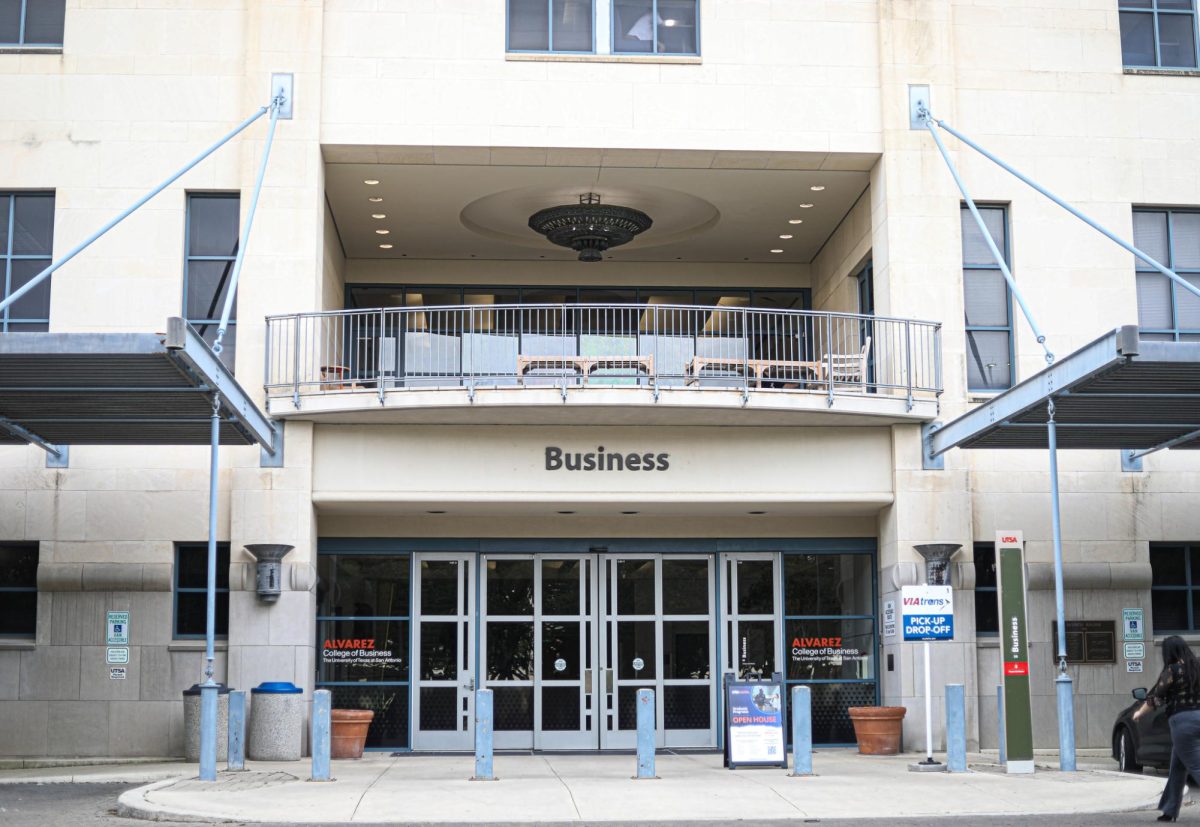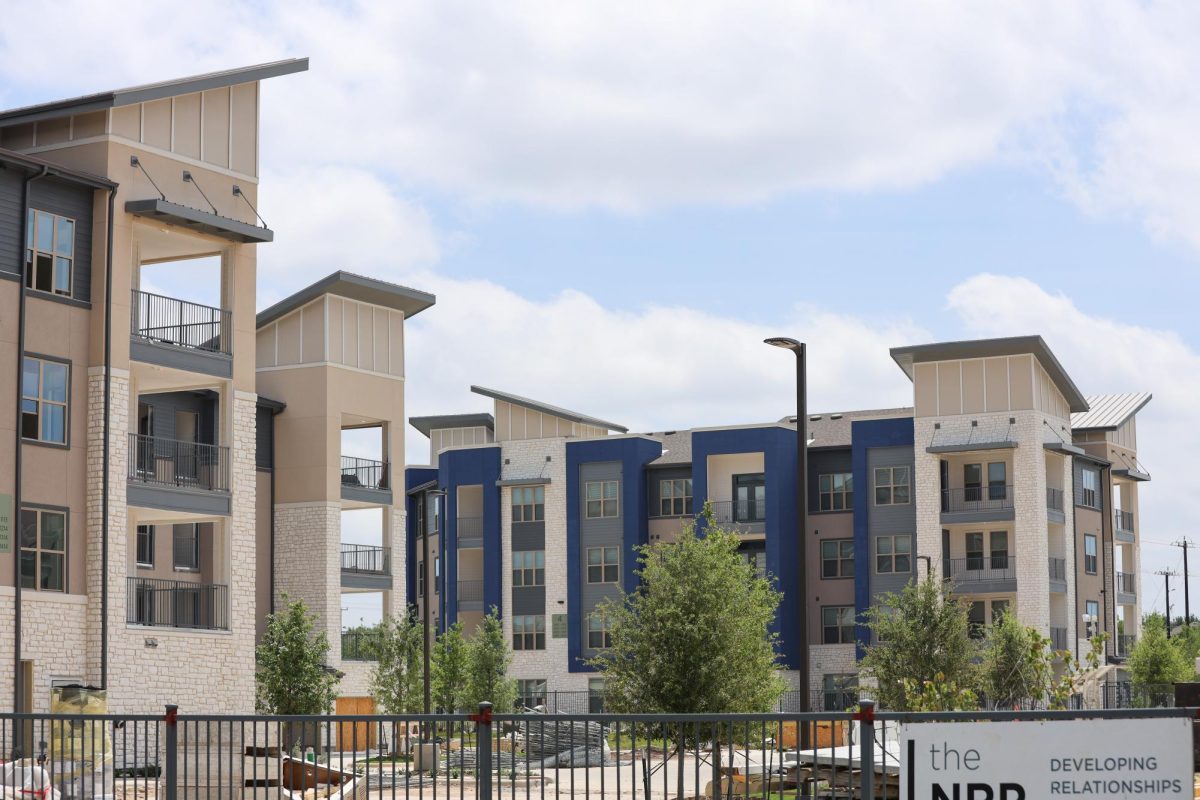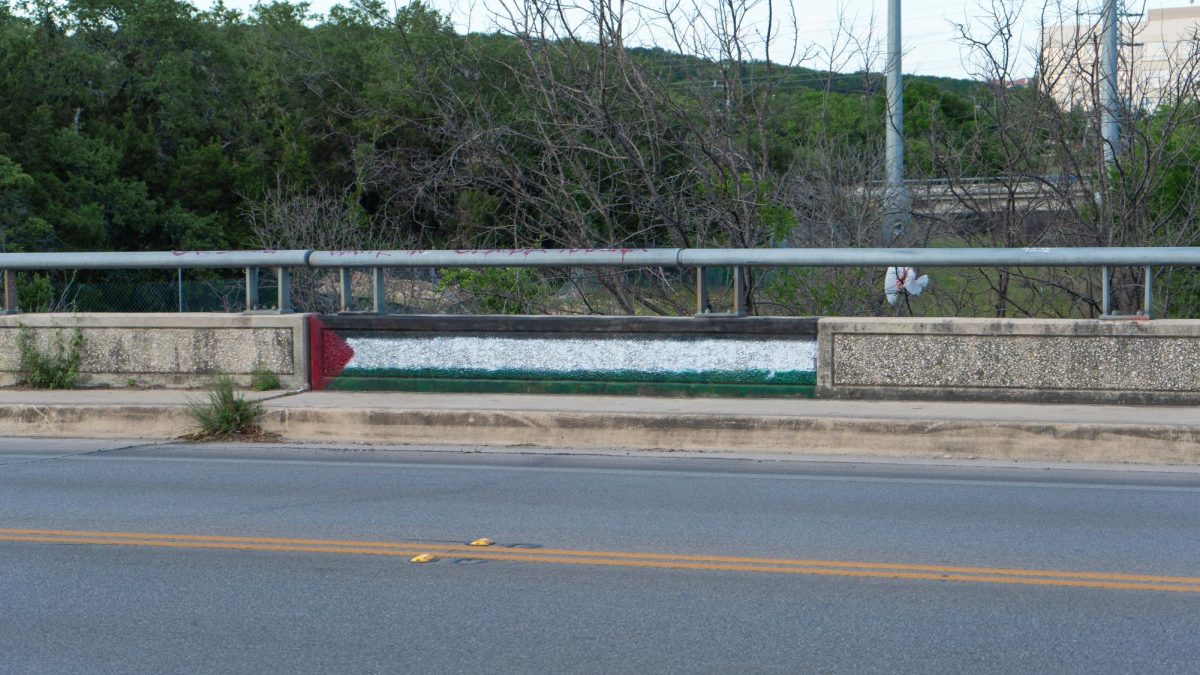
Out of all thefts that occurr at UTSA, 71 percent have been crimes of opportunity when property was left unattended in an unsecured area, according to a study conducted by the UTSA police department (UTSAPD).
According to the UTSAPD “Secure It. Keep It.” program, the items most commonly stolen are electronics, currency, cell phones and bikes.
Chief of Police David Hernandez, said students don’t take the time to secure their items, leaving a window of opportunity for theft.
Hernandez said students have left laptops and textbooks unattended for extended periods of time, only to return to find their belongings gone. Students have been known to leave cell phones plugged into the wall in a hallway during class time and forget to take them with when they leave.
“They want to use UTSA electricity and then they end up with no cell phone,” Hernandez said.
Some students, however, disagree.
“I think people can remember on their own to watch their own stuff,” junior architecture major Ingrid Anchundia said.
UTSA faculty and staff have similar security issues as well Hernandez said. Professors have been known to keep items in a specific area or drawer expecting that the items are secure because they are not visible.
Theft from unlocked vehicles is also a problem. Officers find cars daily with all the doors unlocked and the owner’s valuables visible inside of their cars.
“I had an officer the other day saying ‘I’m taking the belongings and securing them in the owner’s trunk, closing their windows and locking all their doors,” Hernandez said.
Every time an officer relocates someone’s belongings, he or she notifies the owner of the car.
“We leave a safety and security notice – what the officer did – on the windshield,” Corporal Geoffery Merritt, crime prevention unit, said.
The presence of police officers in this manner shows the importance of security.
“It lets people know, ‘Hey, we’re watching out, too,'” Merritt said.
Hernandez said the UTSA community needs to increase their awareness in order to protect themselves and their belongings.
“This is an open campus. Not only can students come in here and take your stuff, you have 3,700 living on campus; the rest are commuters,” Hernandez said. “No one knows who they are when they’re not here, what they’re capable of. On top of that, you have the members of the public.”
To increase awareness, the UTSA police department created the “Secure It. Keep It.” program for the Fall 2008 semester.
“We reached out to the marketing department, Dr. Thomas Cannon. UTSA does a lot of collaboration among the other departments of the university,” Merritt said.
With the help of Cannon and some of Cannon’s students from the summer session, the UTSA police department created the awareness plan in time for the launch of the fall semester.
The UTSAPD wanted to have the program ready to launch at the same time of year when thefts are highest.
“Thefts happen. A lot of times they happen is because they create the vulnerability,” Hernandez said.
“The best way to help reduce the thefts on campus is by securing your property.”
UTSAPD has posted signs around campus to advertise their slogan. They will be creating fliers and magnets to pass out to the UTSA community at the Rec Center and various food places around campus.
The UTSAPD hopes the campaign will cause more people to secure their belongings, notify the police if they see a theft in progress, or use the silent witness program on their website to help apprehend more criminals.
According to Hernandez, when people come to UTSA, they are the ones responsible for securing their belongings.
Senior English major Kelly Hooks says thanks for the effort, but no thanks.
“I appreciate that they have the
UTSA community in mind, but I think there are more important safety issues to be dealt with,” said Hooks.











